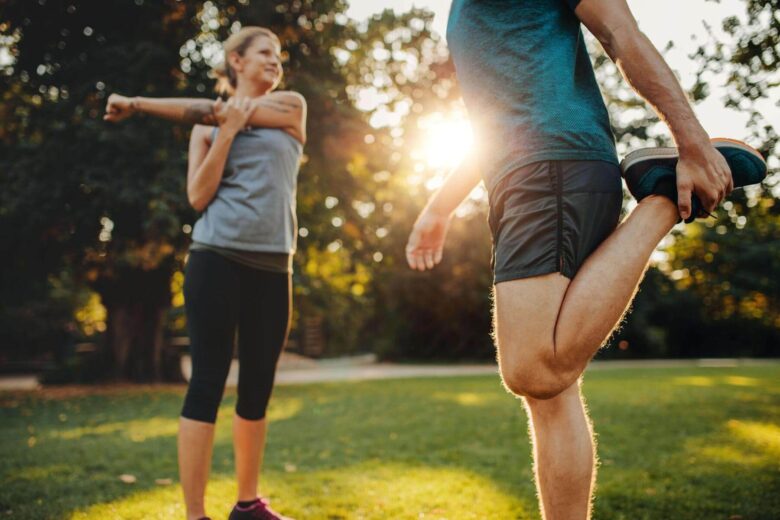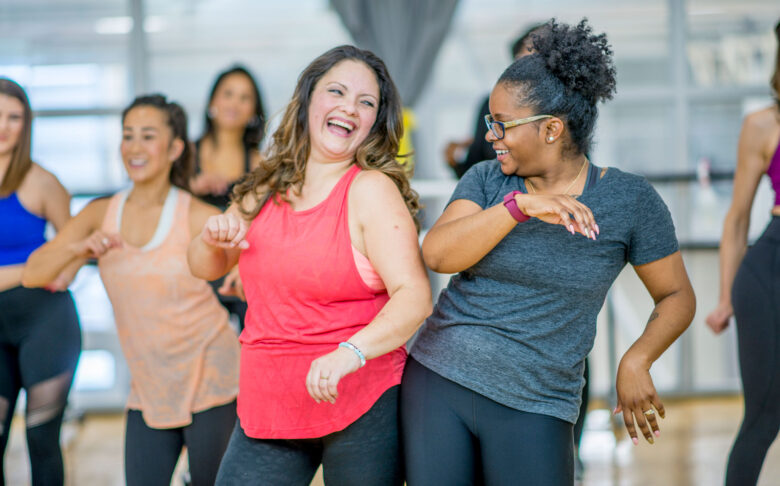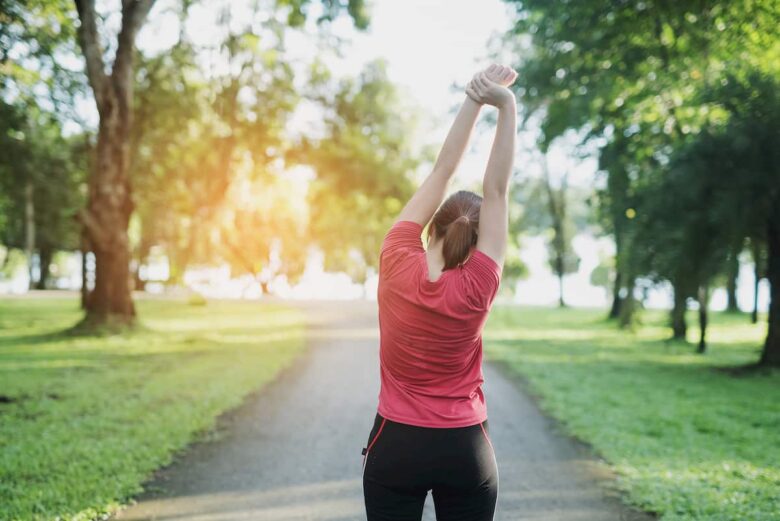Most people may find it hard to exercise and to stay fit amid the Coronavirus pandemic. Measures taken to control the spread of the virus like staying at home and closure of gyms make it hard to find the enthusiasm to exercise. These changes affect your routine, diet, exercise, and even sleeping patterns, which can impact your mental and physical health.
Physical activity is very important for people of all ages and abilities since it benefits both the body and mind. Making small but meaningful exercise like taking a short break from sitting and doing 3-4 minutes of light-intensity physical activity can significantly impact how well you feel and think. Lack of physical activity is associated with an increased risk for chronic diseases, decreased immune system, and loss of movement.
Benefits of Physical Activity

Physical activity increases life expectancy by lowering the risk of acquiring a heart disease. Older adults, people with chronic diseases like diabetes, and those with a compromised immune system are at higher risk of contracting a virus during a pandemic. The following are the benefit of increasing your physical activity during a pandemic.
1. Stress and Anxiety Relief
High levels of stress and anxiety during a pandemic can lower your immune response. Regular physical exercise releases chemicals in your brain such as endorphins and serotonin. These chemicals can help you improve your mood and reduce the risk of cognitive decline and depression.
2. Immune Support
Physical activity can help to improve your immune system, which is vital, especially during a pandemic and for people for are more vulnerable to the Coronavirus. However, you should not overdo physical activity as it may have negative effects on your immune system. Exercise helps to avoid harmful and self-destructive activities such as overdrinking that weaken your immune system.
3. Weight Management
Regular physical activity, paired with a balanced nutritious diet, helps to manage your weight. Excess weight is associated with various health risks.
4. Improves your Health

Doing exercises regularly will help to reduce blood pressure and the risks of severe health issues like heart disease, diabetes, and stroke. These conditions can make you more susceptible to the Coronavirus.
5. Bone, Muscles, Balance and Flexibility
You can improve your bone and muscle strength and increase balance and flexibility by doing regular exercise. It can help older adults prevent falls and injuries. For children, it helps with growth and development and forms healthy habits for the future.
Tips on Maximizing your Exercise
There are many factors that can affect your productivity while exercising at home, and the truth is that exercising itself isn’t as important as you may think. For example, many people get discouraged and quit on exercises when they’re putting in so much effort for very few short-term results.
Nutrition is honestly where you need to start to maximize your workouts. If you’re not getting enough nutrients, it can make you feel sluggish all throughout your exercising. If you don’t know how to plan your own nutritional needs, find an online coach from a place like Working With Gravity to make your first nutritional plans. From there, you can finally start making the most of exercising.
1. Prioritize your Workouts

You will increase your chances to follow your plans if you give your workout routines the same priority as your regular appointments. This creates a sense of urgency and responsibility to perform your workouts.
2. Create a Workout Schedule
It is essential to work out at the time that is right for you. Some people may prefer completing their morning workout routines to energize and start the day positively. Others prefer an afternoon workout when their energy is declining.
3. Have Specific Goals
It is more productive to set specific goals while working out rather than just aiming to get in shape. You can try fitness trackers or use smartphone apps to record your progress. A calendar is also an excellent way to measure your exercise’s length, distance, and level of effort.
Keeping track of your progress as you work out will help stay accountable. It also enables you to celebrate small achievements and motivates you to accomplish more.
4. Tell Your Friends

Telling a friend or member of your family your goals or posting it on social media will help them hold you accountable. You will be more inclined to exercise when your friends know about your fitness routines and track your progress. Receiving positive feedback or constructive criticism will boost your morale as you work out.
Working out with someone else like a friend or a fitness buddy can help to keep you on track. You can also connect on a video call to share fitness tips, motivate and support each other.
Ways to Improving Your Physical Activity
It is essential to be safe while exercising and to avoid muscle cramping due to the stress of doing a new activity. You can also seek advice from a physician if you have any pre-existing health conditions. Here are a few tips to get you going.
1. Keep Your Workouts Interesting
You can listen to your favorite music or stream a show while working out. You can also follow online exercise videos that include yoga, cardio, dance, or other types of workouts. This will reduce monotony and boredom that may lower your motivation.
2. Set Aside a Workout Area

You can designate a workout area in your home for performing your workout routines and storing your equipment. You can carry out resistance exercises using water bottles, resistance bands, and your own weight. Home workouts that you can perform on your own include:
• Push-ups for strength
• Hollow body hold for strength
• Squats
• Dynamic high knees
3. Balance Your Sitting Time
With many people working from home during the pandemic, it is very common to spend a lot of time on their home desks or just sitting around. Being aware of how much time you are spending being sedentary can help you maintain a balance. You can use a standing desk or set alarms to remind you to stand and move.
4. Proper Nutrition
Food nourishes your body, and getting enough nutrition energizes your and strengthens your immune system. Tips for maintaining a healthy diet include:
• Eat a variety of food, including fruits and vegetables
• Cut back on salt
• Eat moderate amounts of fats and oils
• Limit sugar intake
• Stay hydrated: Drink enough water


